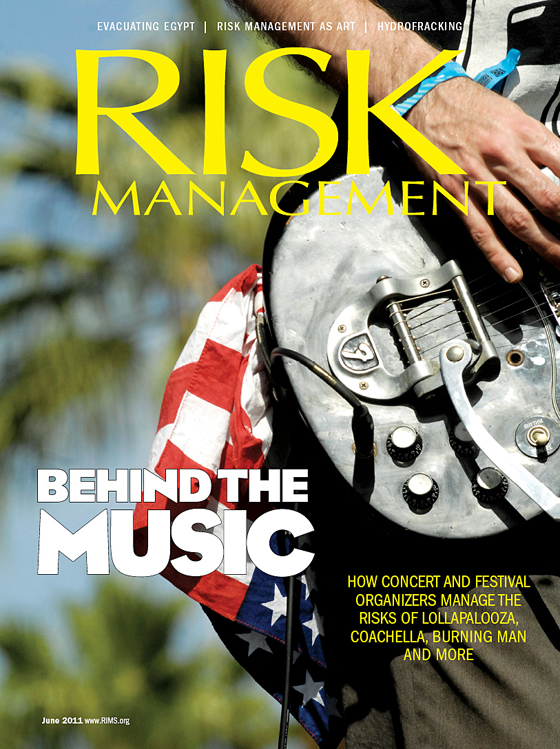By now, I’m sure you’re familiar with WikiLeaks. (If not, read this good, introductory summary.) The whistle-blower company has released hundreds of thousands of documents about the wars in Afghanistan and Iraq and, just this week, it made headlines worldwide by unveiling a new torrent of documents related to U.
S. foreign policy and diplomacy. (Here are the Daily Beast’s “9 Most Shocking WikiLeaks Secrets.”)
Predictably, the company and its founder Julian Assange are not very popular among federal and military officials in Washington, D.C., many of whom see the release of such confidential documents as paramount to a criminal act of espionage against the United States.
Amidst the political firestorm, Assange has said that WikiLeaks’s next target will not be political or military — but corporate.
In a rare interview, Assange tells Forbes that the release of Pentagon and State Department documents are just the beginning.
His next target: big business.
Early next year, Julian Assange says, a major American bank will suddenly find itself turned inside out.
Tens of thousands of its internal documents will be exposed on Wikileaks.org with no polite requests for executives’ response or other forewarnings. The data dump will lay bare the finance firm’s secrets on the Web for every customer, every competitor, every regulator to examine and pass judgment on.
Risk managers are always looking for emerging risks. And being able to see the threats that lurk beyond the horizon can be what separates the good from the great. A few years ago, it would be hard for anyone to see this peril looming.
But here we are.
For companies, the threat may be even greater than that posed to the government and the military. Those institutions have time-tested procedures of secrecy and multiple levels of confidentiality to ensure everything remains on a need-to-know basis. Sensitive information is obviously getting released by people who think it should be in the public record, but we can probably be pretty sure that there is plenty of even more restricted information known in the halls of the White House, Pentagon and Congress that has not — and will never be — exposed to the masses
Businesses, too, have protections to keep the perhaps-incriminating or at-least-embarrassing details of their operations from seeing the light of day. But the proliferation of digital information — data that can be accessed by both employees and cyber-savvy outsiders — makes everything harder to protect. Most companies don’t have Apache helicopters and M-16-toting soldiers to protect their servers.
So all it would take is one whistle-blower with access to severely damage the reputation of the company — and perhaps imperil the freedom of its less-than-lawful execs.
For what it’s worth, Assange’s freedom is once again being threatened by those he has angered. Attempts to shut down the site in the past have almost all failed, however.
We’ll see if the latest hornet’s nest he has kicked will lead to any different results, but my guess is that the business risk of exposure at the hands of WikiLeaks — and the other imitators that will inevitably surface — will not be dissipating any time soon.


